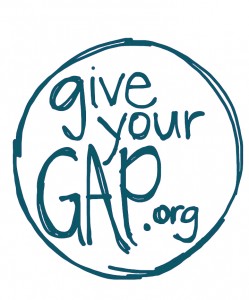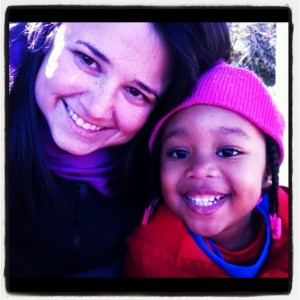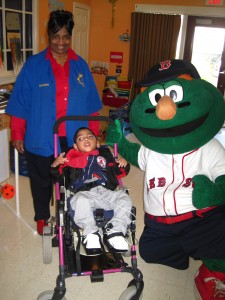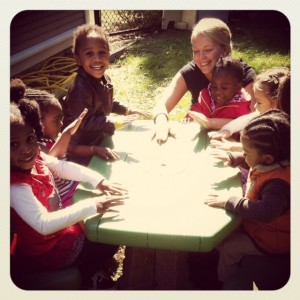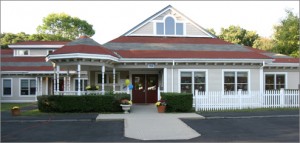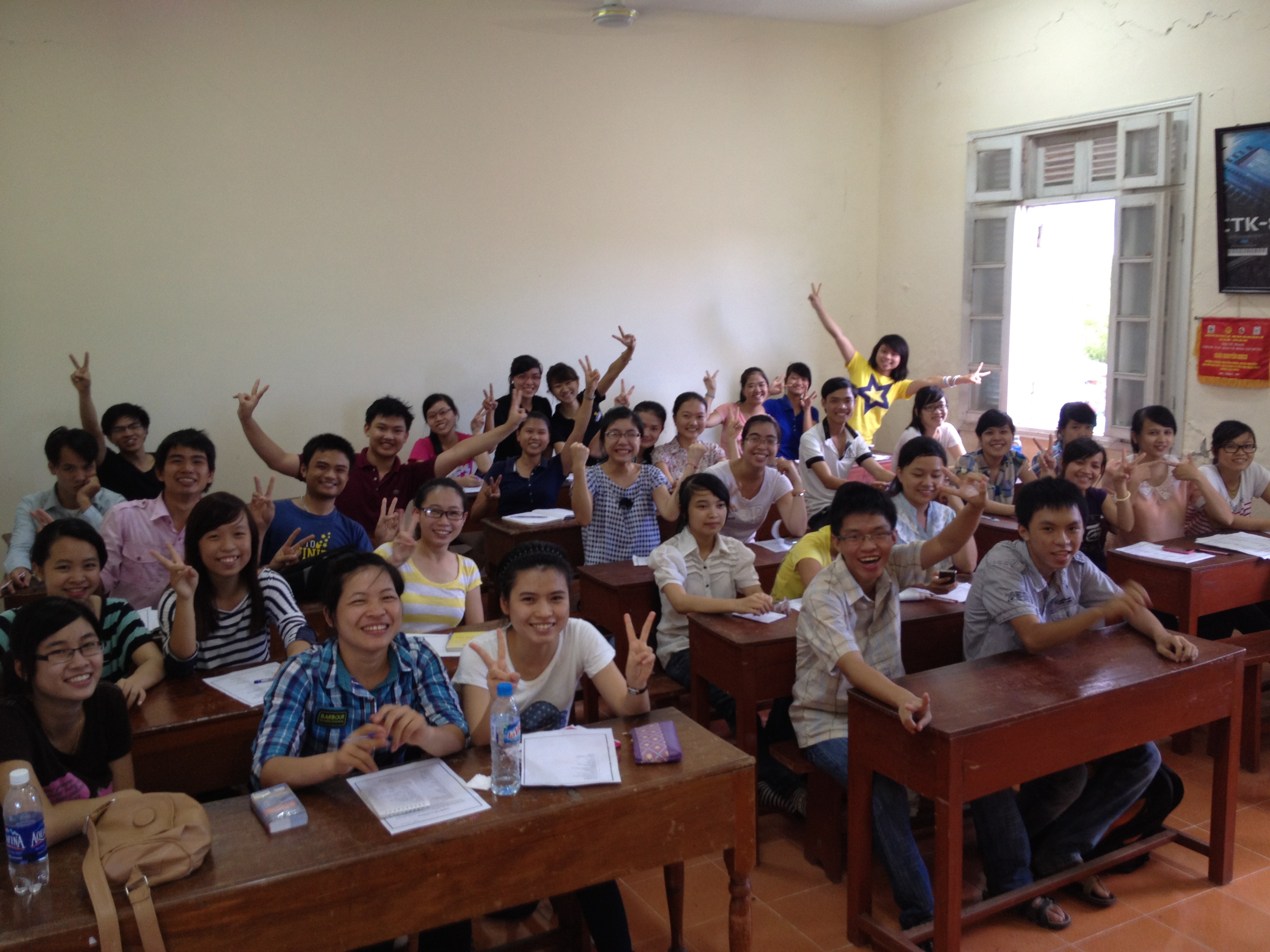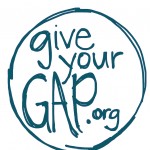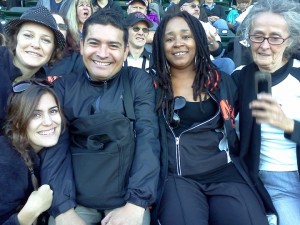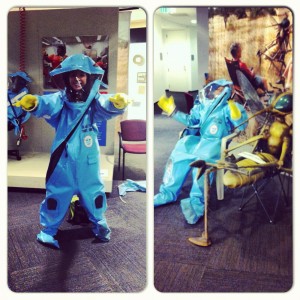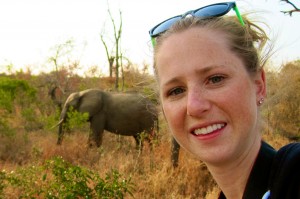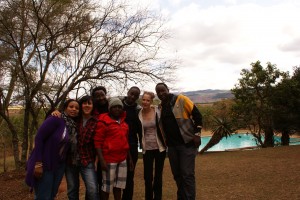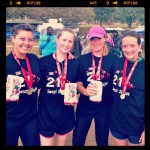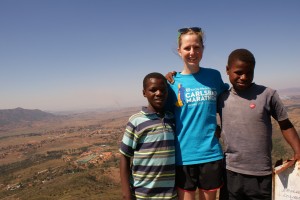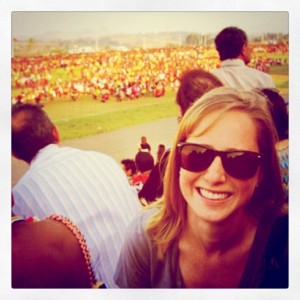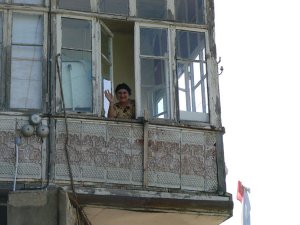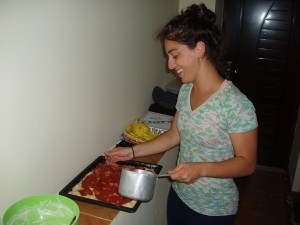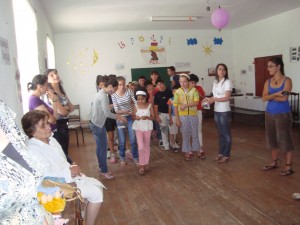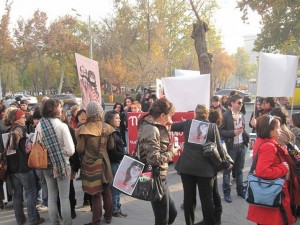Name, Age: Katia Gomez, 24
University, Major: Boston University, Global Health
Region: Central America
Length of stay: N/A
Type of Work: Medical/Public Health, Education, Community Development
Tell us about the nonprofit/social business you work for:
Educate2Envision International in San Leandro, CA. Educate2Envision (E2E) International strives to offer children living in poverty the chance to attain the highest level of education that their individual efforts will allow them.
www.educate2envision.org
How did you find your position?
I decided to found a nonprofit!
What’s your typical day like?
It will vary day to day. Often times we are evaluating the quality of our programs and sitting on classes to observe student-teacher interactions, presentations, exams, etc. Then a majority of time is spent visiting households and speaking with parents about their thoughts on how things are unfolding with the programs, any progress they’ve observed, trying to measure our impact with surveys. We also run workshops for students such as girls leadership or first aid, so interaction with the children themselves is very important to get a sense of what the needs are and what still requires improvement from our end.
What kind of people do you work with?
Our volunteers in Honduras are typically in their early 30s, college grads and have worked with NGOs in the past so have a good command of English. Back in the US, our team is composed of recent college grads or current students with backgrounds that usually include International Studies, Spanish, and Political Science.
What are your living accommodations?
This depends, if we are unable to find cheaper accommodations then there is a town about an hour or so away with electricity, internet access, ATMs and all that. There are a few selections of safe hotels. We are a very budget-wise nonprofit considering we’re so small, so if possible the mayor of the closest town to our community will allow us to stay in a vacant house in which we bring sleeping bags and shower only when water is available. There are many outlets but no WiFi in this particular house, but it is free after all.
What do you do in your free time?
My free time is spent usually planning out the next day and evaluating what was accomplished that day, but other than that I wander the town with my Honduran buddies just enjoying each other’s companies, having a bite to eat, a drink, watching movies, playing soccer etc.
Share a favorite memory or story from your experience!
One of my favorite memories is the time I visited Pajarillos after bringing secondary school there for the first time; it was after I sat in on one of the first classes and afterwards each student went up to the front of the classroom to say thank you to me, many of them in tears. They spoke about how they never thought this would be possible in their lifetime and how much hope they now had for their children to follow in these footsteps. This moment made it clear in my mind that I wasn’t wasting my time and that I had the means to really make a generational difference.
What inspired you to do this kind of work? If you are taking a gap year, what motivated you to do that?
How are you financing your time?
The programs I’ve begun in Honduras are based entirely on individual donations and small grants, but this does not include logistic expenses once inside the country such as paying for a driver, renting a car etc. nor does it provide for flight expenses. These are all taken from own personal savings. I have been lucky to create friendships with local Hondurans who practically volunteer their services, transportation, for very low compensation.
What kind of special skills do you need to do your job?
Language, teaching, medical expertise, writing, social media.
How do you see this experience fitting into your long-term goals?
I think E2E has absolutely advanced my long-term plans. I view education as an invaluable piece of the puzzle in eliminating global poverty. I have been fortunate enough to see first hand how empowered a community becomes when education is available to families and their children. This is something that parents struggle immensely with to collect enough money for school fees and often times it’s not enough and more and more kids with huge potential have no choice but to accept their fate. No matter what I end up doing as a full-time career, I will always work to expand opportunities for youth to attend school and to connect them with children in our country, building friendships and understanding as much I can.
What’s next?
I’m currently in grad school for my Master’s in Public Health/Global Health and afterwards will depend on the job market of course! I plan to take on a fellowship or internship abroad working in program design/implementation to further sharpen my skills and formalize what I have learned by running E2E.
What is one thing you wish you knew before you came to your position?
Success can come in short spurts or waves, immediately visible or a blurry vision in the far distance. No matter which level of success you reach you should always have sustainability at the forefront of every decision. When you’re nuts enough to start your own nonprofit, you have extremely high expectations and you go in with the mindset that you will make a difference, there is no other option. It is this kind of passion that will carry the organization but one needs to remember to not let your heart leap to far out in front of your head. In the beginning I wanted to achieve the feat of helping every single child in a community of hundreds to make it through secondary school, not realizing that some children might just not want to go that route or academically they don’t have the drive so instead one must focus on those who DO have the passion. Don’t pay attention so much to numbers, but rather the quality of the impact, not the size.
Do you have any advice for prospective gap-givers?
The main advice I would give is to volunteer abroad for the right reasons. Although it’s a given that it will make your resume shine, remind yourself that you are working with real human beings and not just a week-long project. Be respectful and don’t assume that they are any less intelligent than we are when it comes to knowing what is best for their communities and families. Learn from THEM. You’ll be surprised how much you can learn from “the poor” about happiness, love, innovation, and perseverance.
Are you blogging about your work or travel? How can we stay in touch?
Updates can always be found on both our facebook and website : www.facebook.com/educate2envisioninternational and www.educate2envision.org
Would you be willing to take questions from potential Gappers?
Yes.

